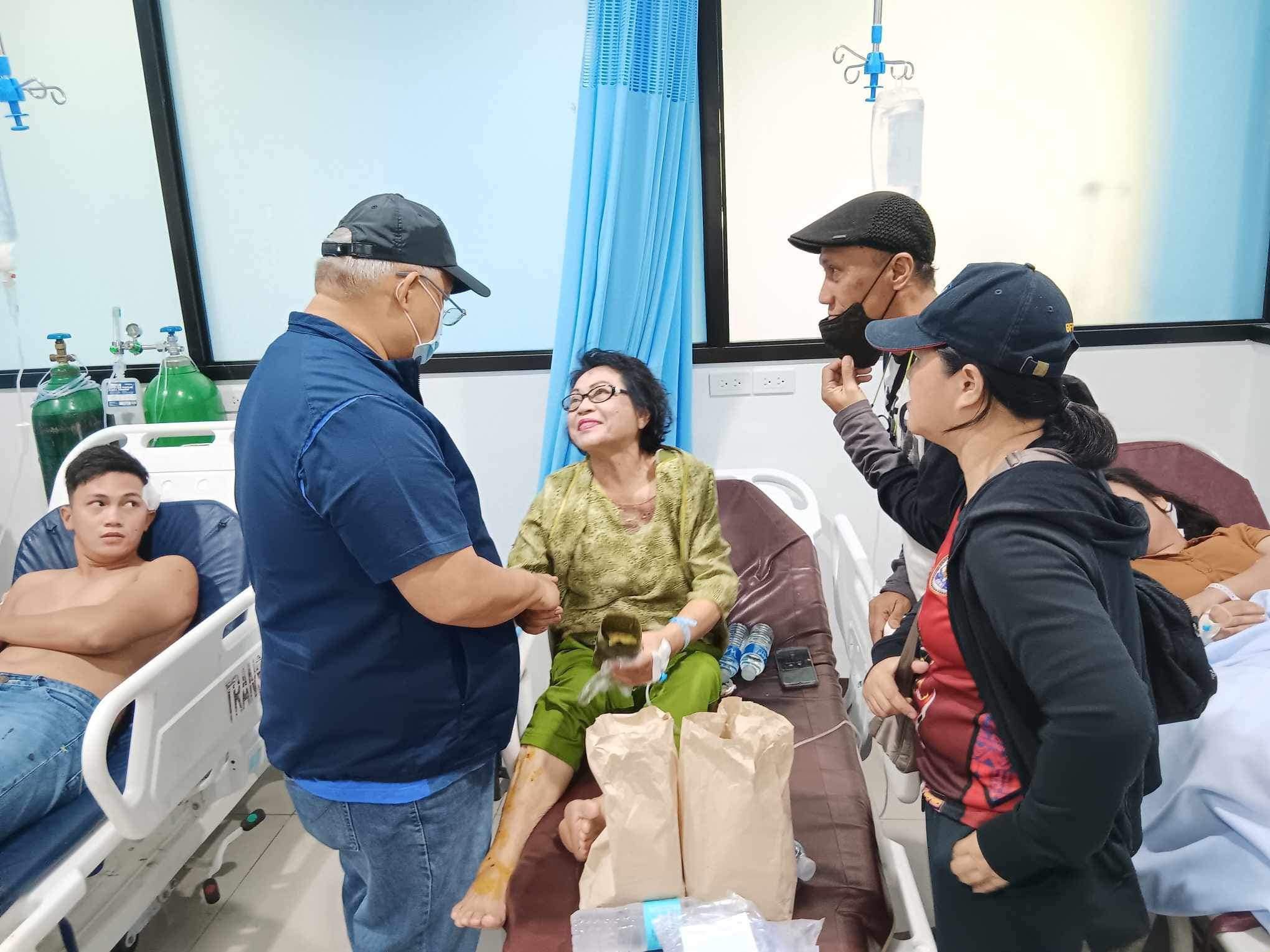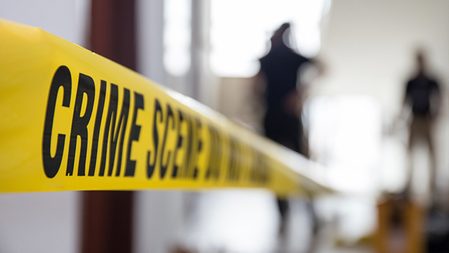SUMMARY
This is AI generated summarization, which may have errors. For context, always refer to the full article.

MANILA, Philippines – Within two hours of the blast on Sunday, December 3, that killed four people and wounded dozens at the Marawi State University main campus gym, an alumnus posted a message on his Facebook page.
The alumnus, a judge, offered to house any student or resident feeling unsecured after the blast, either in the family’s boarding house just off campus or in their residence at the town center.
Netizens shared the message more than 5,000 times in just over an hour.
Many of those who shared looked back to the 2017 Marawi siege. They described how Muslims and Christians worked together to alleviate the pain of families in the Philippines’ Islamic City, and how Muslims went out of their way to save trapped Christians from the Islamic State-linked Maute Group.
Rappler got in touch with the 46-year-old alumnus and other peace advocates, some of whom spoke on condition of anonymity. They all warned of premature assignment of blame. They spoke around the same time President Ferdinand Marcos Jr. blamed “foreign terrorists” for the attack.
“These people are family. The families of these young students entrusted them to us. We cannot abandon them,” the judge said, sobbing, in a telephone interview.
He was not the only Marawi resident devastated by the blast.
He said another judge, a Christian, had called up to talk about how the community could stand as one against terror, and show the country the gains of interfaith solidarity.
“And I was not the first to help,” stressed the alumnus, who asked Rappler to withhold his name.
A retired university official who had earlier opened her home to traumatized students inspired him to offer help.
A top university official told him that students were safer staying put in dormitories and boarding houses in campus. The alumnus then pivoted into linking worried parents and their children studying at the school.
“I don’t understand. It does not make sense,” said the alumnus. “Decades of hard work at peace building and someone does this.”
“Christians in Marawi have chosen to keep faith with us (Muslims),” he said.
“They remained even after the siege. They are ones who are first to stand up and defend us against bigotry,” he added. “We just want to offer emotional security at this difficult time, and any aid they might need.”
Dogged by violence
Marawi residents have seen violence up close, and directly experienced atrocities in the name of some dream of a pan-Islamic state.
But even the deaths of more than a thousand people and dispossession of nearly half a million folks in the five-month siege fail to trump decades of hard-earned interfaith solidarity in this southern Philippines lakeside city, say the peace advocates.
Bangsamoro Autonomous Region in Muslim Mindanao (BARMM) member of parliament Amir Mawallil said the university was “considered a safe space by a diverse community.”
Even way back in 2010, Mawallil told Rappler in an interview, “student Christian groups were openly posting about their activities.”
“It was more than just recognition; both sides co-existed,” he pointed out.
Abdullah Acmad, another MSU alumnus, peace advocate, and now government employee, told Rappler. “All of us are in pain now. Muslims and Christians alike are bleeding.”
“We are friends with these people. They are our neighbors. We were all caught off guard. What eases the pain is knowing that many are saying, this is not because of Muslim-Christian hate,” he said.
Acmad would know. He spent time as a youth leader working with the Catholic outreach, Duyog Marawi, in helping youth recover from the trauma of the siege.
Some of their members and trainees worked in Christian-Muslim teams to share messages of care and empathy amid the challenges of recovery. In their workshops and discussion groups, youth and their parents shared the rage and pain following the destruction of homes and the anguish of a delays in their return.
What eases his pain is, “knowing there are many who say, this is not about Muslim-Christian hate.”
‘Poor security’
Acmad said it was premature to ascribe blame but also criticized what he calls the university’s “poor security”.
“Because despite the many numbers of peace keeping forces in the campus, as we call them, and the Armed Forces presence, how can this chaos still happen in broad daylight without any hint?”
Samira Gutoc of the Ranao Rescue Team and chair of Ako Bakwit, whose brother is a local doctor, said the scenes at the hospital were “terrible.”
“Masakit (It’s painful to witness), it really is terrible and horrific,” she told Rappler.
But she insisted MSU could protect its students.
“We discourage the spread of disinformation,” she said. “Do not discourage Christian students from staying at MSU. There’s history of utmost protection there, even during the siege. Even then, the students were protected.”
Aside from condemning the attack, Gutoc urged for stronger collaboration and partnerships between faiths through the Bishop-Ulama conference.
She also reiterated her call during a November 30 conference that also included the Department of Foreign Affairs to include more women in decision-making bodies involved in conflict resolution.
Acmad acknowledged that every local atrocity, whether targeted at Muslims or Christians, shakes the foundation of solidarity.
“Amidst this, our love for each other remains and our call for justice and implementation of peace and order and security for MSU and all must be stronger than before,” he said.
“We owe it to the victims of the incidents, their families and the MSU constituents. Most importantly, to the peace we all strive and work hard for in the past, until the present and for the future, in shaa Allah.” – Rappler.com
Add a comment
How does this make you feel?

There are no comments yet. Add your comment to start the conversation.